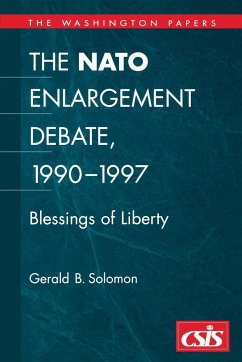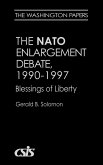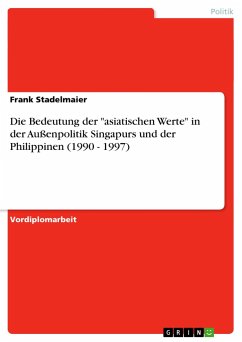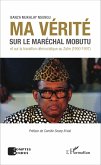Countless editorials have addressed the if, how, why, when, and who dimensions of NATO enlargement. These issues will continue to generate debate despite the Madrid summit decisions and will invariably influence legislators in discharging their historic responsibility to provide advice and consent to ratification of the protocols of accession before April 1999. Congressman Solomon's volume will help place these issues in perspective, answer the skeptics of enlargement, and provide the missing historical context for the profound geopolitical challenge of European security on the cusp of the 21st century. He begins by reviewing NATO's initial response, from 1989 to 1990, to the collapse of the Warsaw Pact. The early moves from outreach toward enlargement are then explored, and then he examines how NATO sought to combine the two strands of prospective enlargement while engaging nations not seeking NATO membership, especially Russia, to prepare for coalition operations and the spread of democratic security values. Next he analyzes how the Partnership for Peace concept eventually progressed toward the decisions to invite the Czech Republic, Hungary, and Poland to join the alliance by 1999. Important reading for scholars, policymakers, and citizens concerned with current strategic and international relations issues.
Hinweis: Dieser Artikel kann nur an eine deutsche Lieferadresse ausgeliefert werden.
Hinweis: Dieser Artikel kann nur an eine deutsche Lieferadresse ausgeliefert werden.








